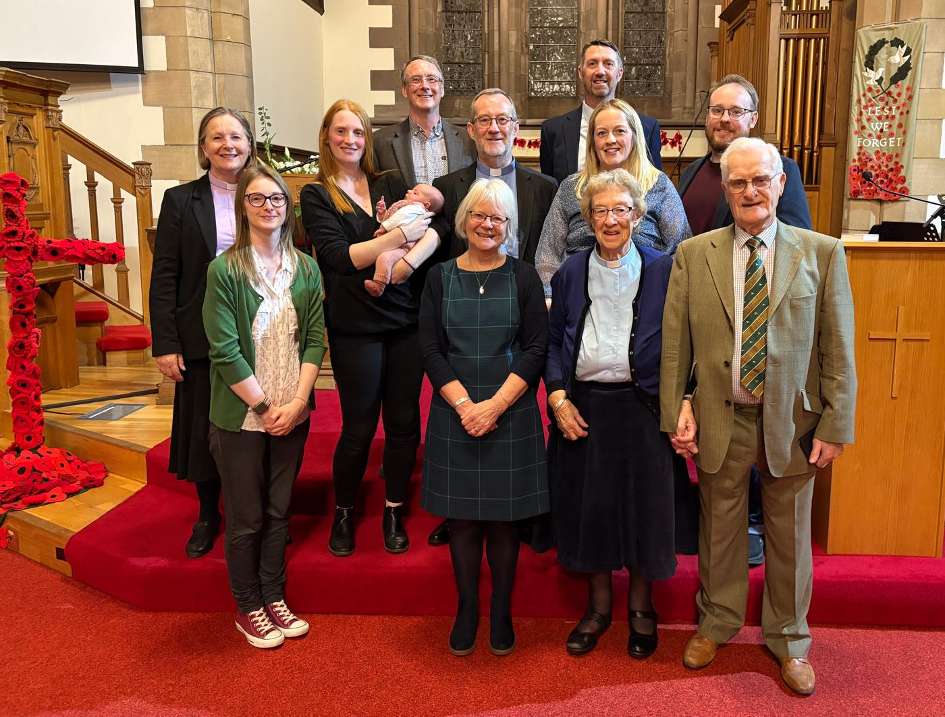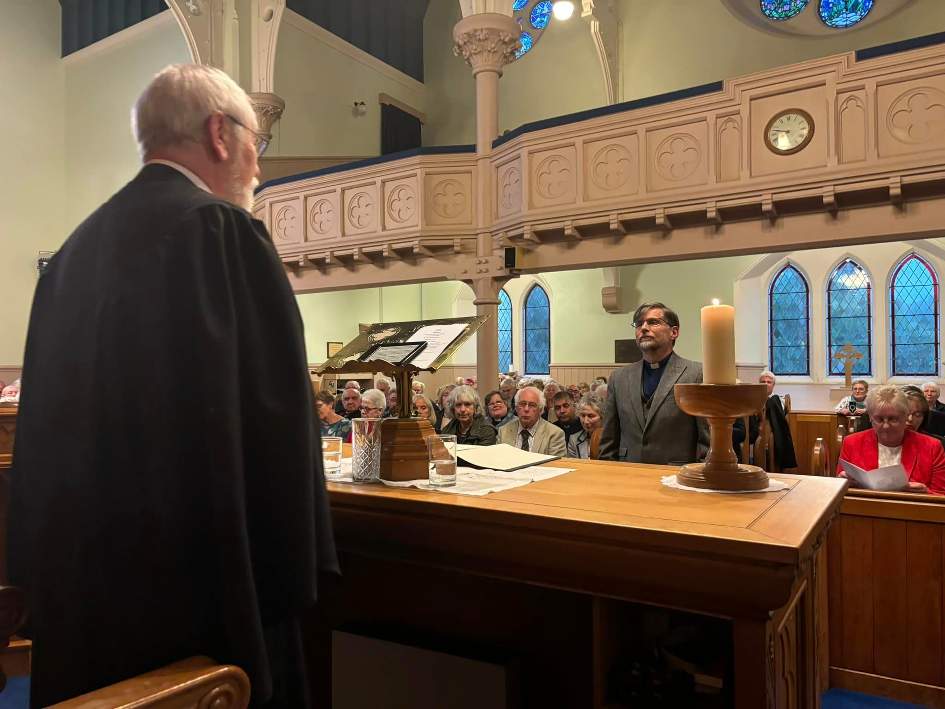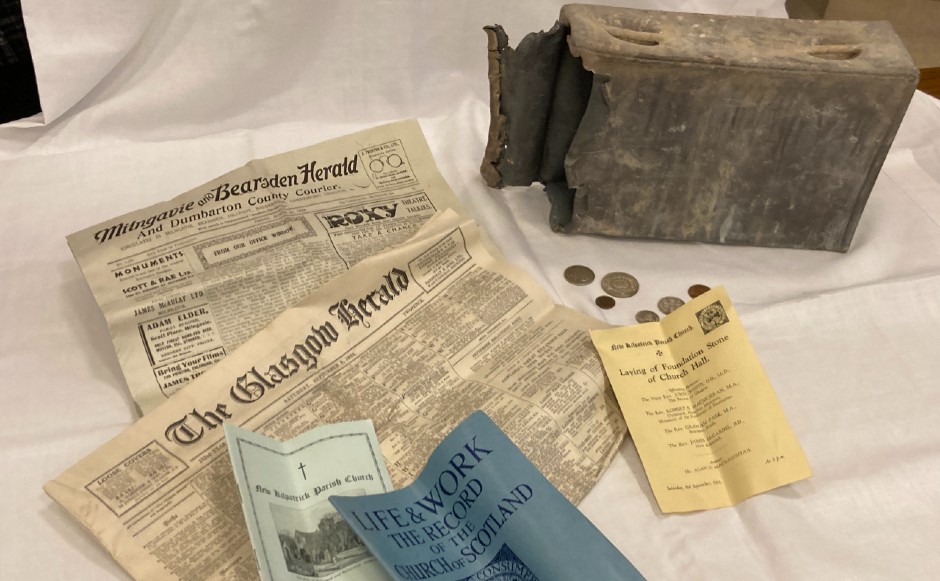“Rural ministry ticks all my boxes”
Published on 13 February 2025 4 minutes read
Leaving a 25-year career as an engineer for a new challenge as a minister might be considered enough of a lifestyle change for most people.
However, for Rev Stewart Goudie, becoming a Minister of Word and Sacrament also resulted in leaving his home city of Edinburgh to serve some of the most remote communities on the Scottish mainland.
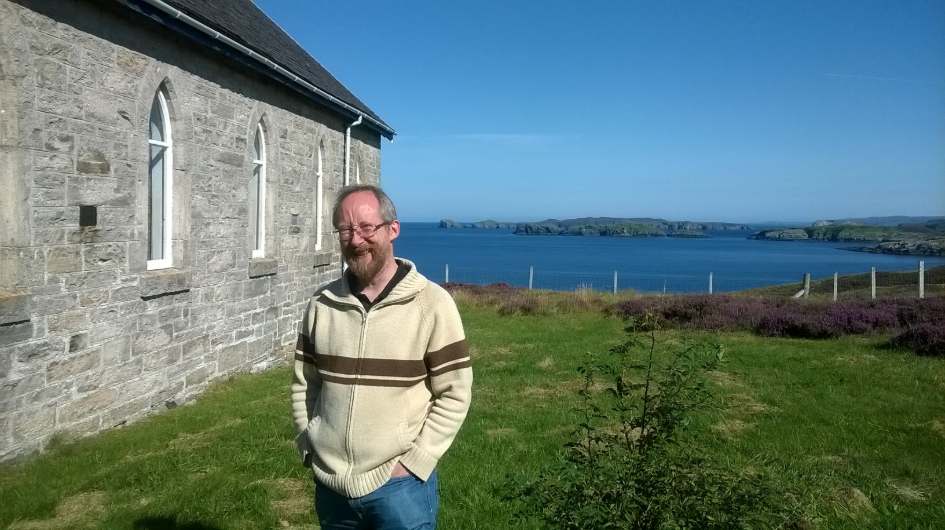
Interviewed for the Church of Scotland's monthly Talking Ministry feature, Mr Goudie recalled: "I was an electronics design engineer for 25 years. Then, towards the end of a job, I decided it was time to go somewhere else.
"At the same time, I heard that the Church was looking for people to become ministers. I'd been an elder for about 20 years at that point and my wife and I decided that I would give it a try."
The Church has always been an important part of Mr Goudie's life. As a boy, he attended Liberton Church and as an adult, he and wife Liz became the youngest elders at St Ninian's Church in Corstorphine, but he had never considered the Kirk as a career.
"I always said that I didn't want to be either a minister or a teacher, but then God put me in that position," he said.
"People used to ask why I wanted to be a minister and I would say: ‘I don't. I want to be an electronics engineer!'
"But I felt God had called me and the bits of eldership that I enjoyed most – pastoral work, trying to build the church, leading Bible study – would be part of my ongoing work as a minister."
If being a minister had not been part of his future plans, then the idea of ministering to a rural parish had equally not been something he anticipated.
That changed during his probation period at Winchburgh in West Lothian.
"I discovered that rural ministry ticked all my boxes because it was all about the people," he explained.
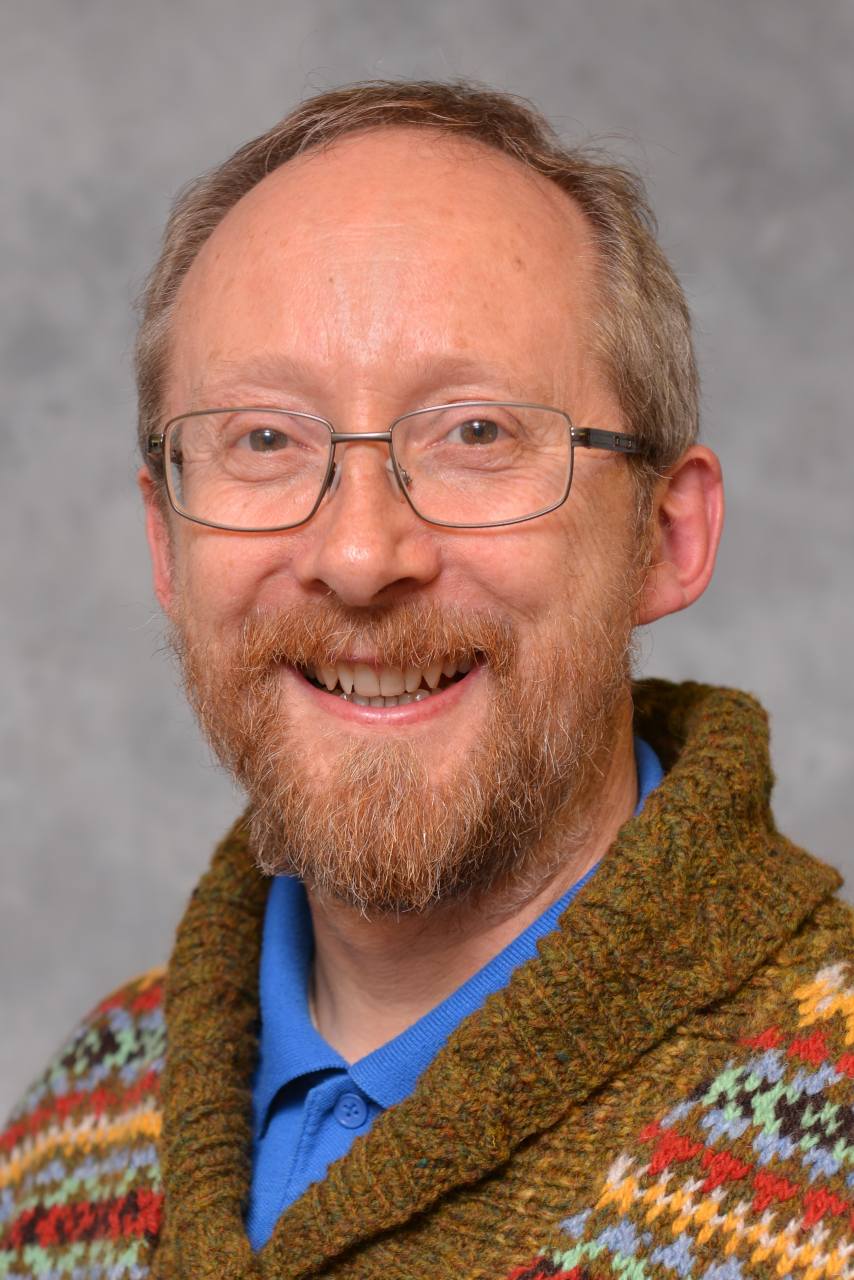
"The other attraction is that congregations tend to be smaller and that makes it easier to introduce change. My kirk sessions were small enough that we could sit around a table and talk things over."
He began looking for a rural parish as his first charge, but only one appealed, and this was the farthest away, the parish of Melness, Tongue and Skerray on the north coast of Sutherland.
He said: "It is two hours' drive from Inverness and five hours from Edinburgh, but it wasn't on an island, so we could get back to the children if we needed."
A place in the community
Ironically, his second parish, where he and Liz moved eight years later, did include islands.
As minister for North Lochaber, based in Mallaig, Mr Goudie's parish covered the four Small Isles to the south of Skye –Rum, Eigg. Muck and Canna – though he never spent more than a night on them during his six years in the post. His parish also contained the peninsula of Knoydart, accessible only by boat or a 16-mile walk over rough country.
Although 40 miles west of the nearest significant town Fort William, similar to Tongue, which lies 40 miles west of Thurso, the character of the two rural parishes was quite different, Mr Goudie pointed out.
Mallaig is a working fishing port and a ferry hub with links to the Small Isles and Skye. It is also the final destination of the West Highland Line, made famous worldwide by the Harry Potter films, adding to the tourist influx across the summer season.
"What they have in common is that people know each other and care for each other because they depend on each other for a lot of things," Mr Goudie said.
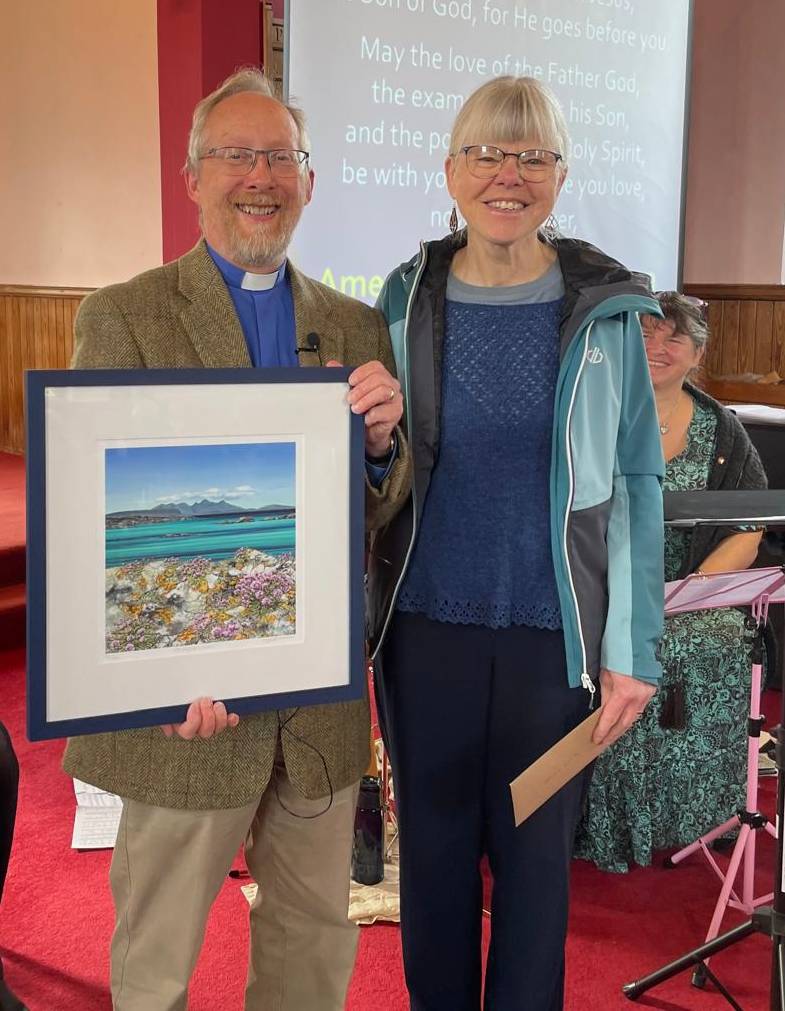
"Most people know that they couldn't live there on their own."
Rural ministry, as with rural living in general, has its own particular challenges, such as the distances involved for work, leisure and shopping.
For ministers, another potential challenge is their profile within the community.
"You can't just switch off," Mr Goudie acknowledged.
"Everyone you meet knows who you are. You have to be comfortable with being the minister all the time. It's best if you can be open and genuine with people so you are always the same wherever they meet you."
The church's place as a focal point for the community helped when Mr Goudie set out to build a range of new activities to build new connections with those local people who were not regular church attendees.
These included Gaelic conversational classes in Mallaig and a dog-walking group in Tongue.
"Sadly, I didn't have a dog, but I was able to borrow a dog that didn't get much exercise, so it was good for the dog as well as for me!" Mr Goudie revealed.
Now retired from full-time ministry and back in his home city to be closer to his children and grandsons, Mr Goudie would still recommend a rural parish to his fellow ministers.
"I think there are even more attractions now," he suggested.
"Although rural parishes have got bigger, so have urban parishes and that has multiplied the problem of not knowing people in the cities.
"In rural parishes, you still get to know the people. It just takes longer."
Read more on our Talking Ministry page.
